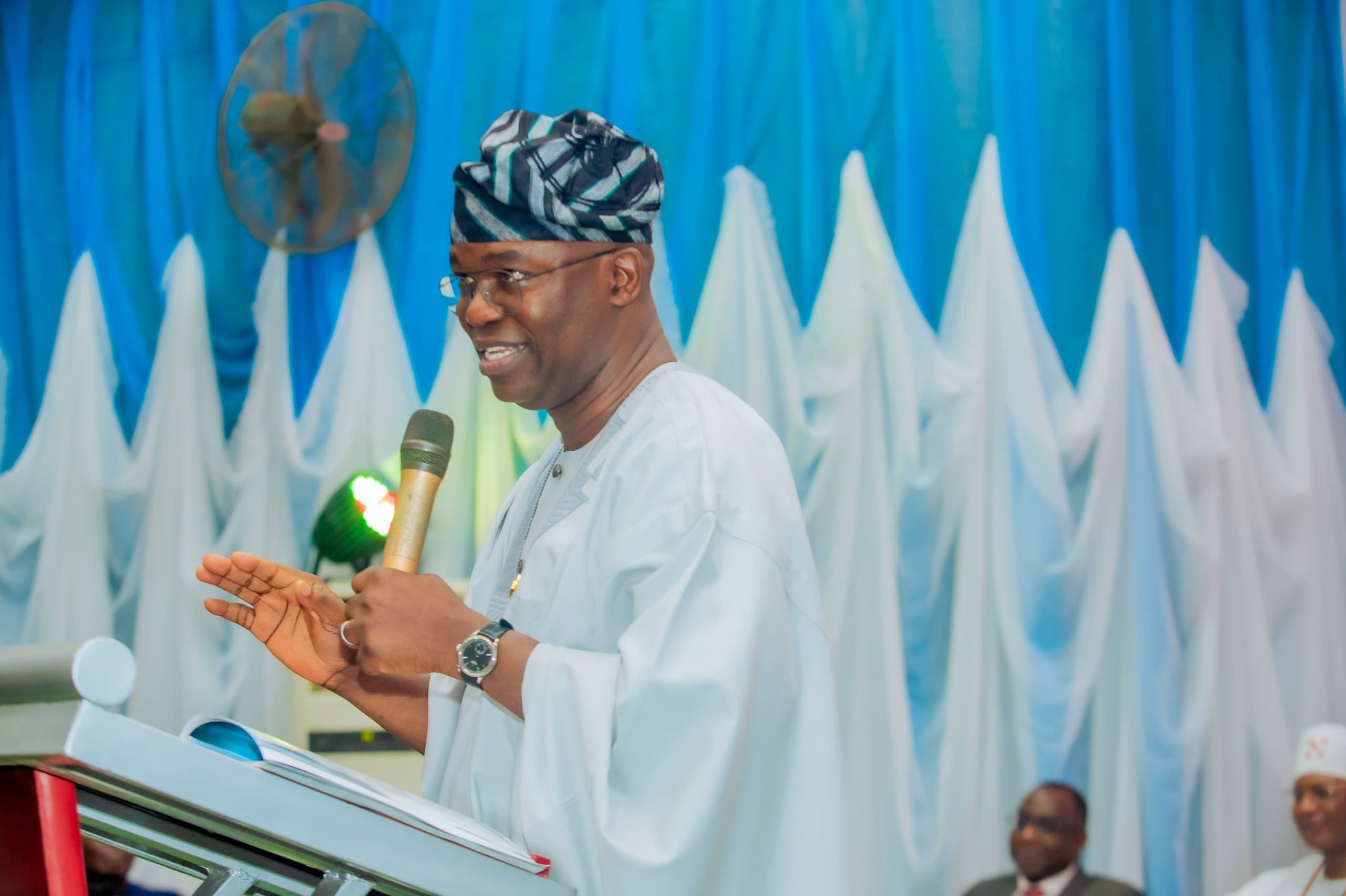The Deputy Ambassador of Switzerland to Nigeria, Mr. Siamak Rouhani, has said that women’s inclusion in governance should not be regarded as a favour but as a necessity for Nigeria’s growth and sustainable development.
Rouhani stated this on Thursday in Abuja at a roundtable marking the conclusion of a three-year Swiss-funded project titled “Promoting Effective Participation of Women in Governance and Combating Gender-Based Violence in Nigeria.”
He insisted that women’s inclusion brings diversity of thought, depth of experience, and resilience to policymaking, noting that the low level of women’s participation in governance was detrimental to inclusive development.
“Women’s inclusion ensures that governance reflects the realities of all citizens,” he said.
The envoy lamented that despite constitutional guarantees and Nigeria’s commitment to international conventions such as the Convention on the Elimination of All Forms of Discrimination Against Women (CEDAW) and the 35 per cent affirmative action policy—which has been affirmed by the Nigerian judiciary—women remain grossly underrepresented in decision-making spaces.
Citing the 2025 Global Gender Gap Report published by the World Economic Forum, Rouhani noted that Nigeria ranked 124th out of 148 countries overall and 143rd out of 148 in women’s political empowerment, with a score of just 0.036 —the country’s lowest in five years.
He added that women currently occupy only four out of 109 Senate seats and 16 out of 360 seats in the House of Representatives—amounting to 4.3 per cent of parliamentary seats, far below the Sub-Saharan African average of 27 per cent, placing Nigeria 178th out of 182 countries globally.
Rouhani explained that Switzerland’s foreign policy emphasises human rights, inclusive governance, and the empowerment and protection of women and girls—not merely as moral imperatives but as essential pillars of sustainable development and democratic resilience.
He said the Swiss government, through the project, has supported efforts to tackle gender inequality and gender-based violence by strengthening institutional frameworks, empowering women leaders, amplifying women’s voices, and fostering inclusive dialogue.
In her remarks, Vivian Emehelu, Director of Programme and Administration at the Yar’Adua Foundation, commended the partnership, noting that through capacity building, advocacy, and media engagement, the initiative mobilised key government officials, traditional leaders, and law enforcement agencies to promote women’s leadership in governance, peacebuilding, and the fight against gender-based violence.
She said the project’s “Let Her Speak” campaign reached over 500,000 people, amplifying women’s visibility and voice across the country.
Emehelu also highlighted several milestones recorded in Kano State, including the election of Hajiya Sa’adatu Salisu as the state’s first female local government chairperson, the appointment of Hon. Justice Dije Abdu Aboki as the first female Chief Judge, and a measurable rise in women’s representation across government institutions.






